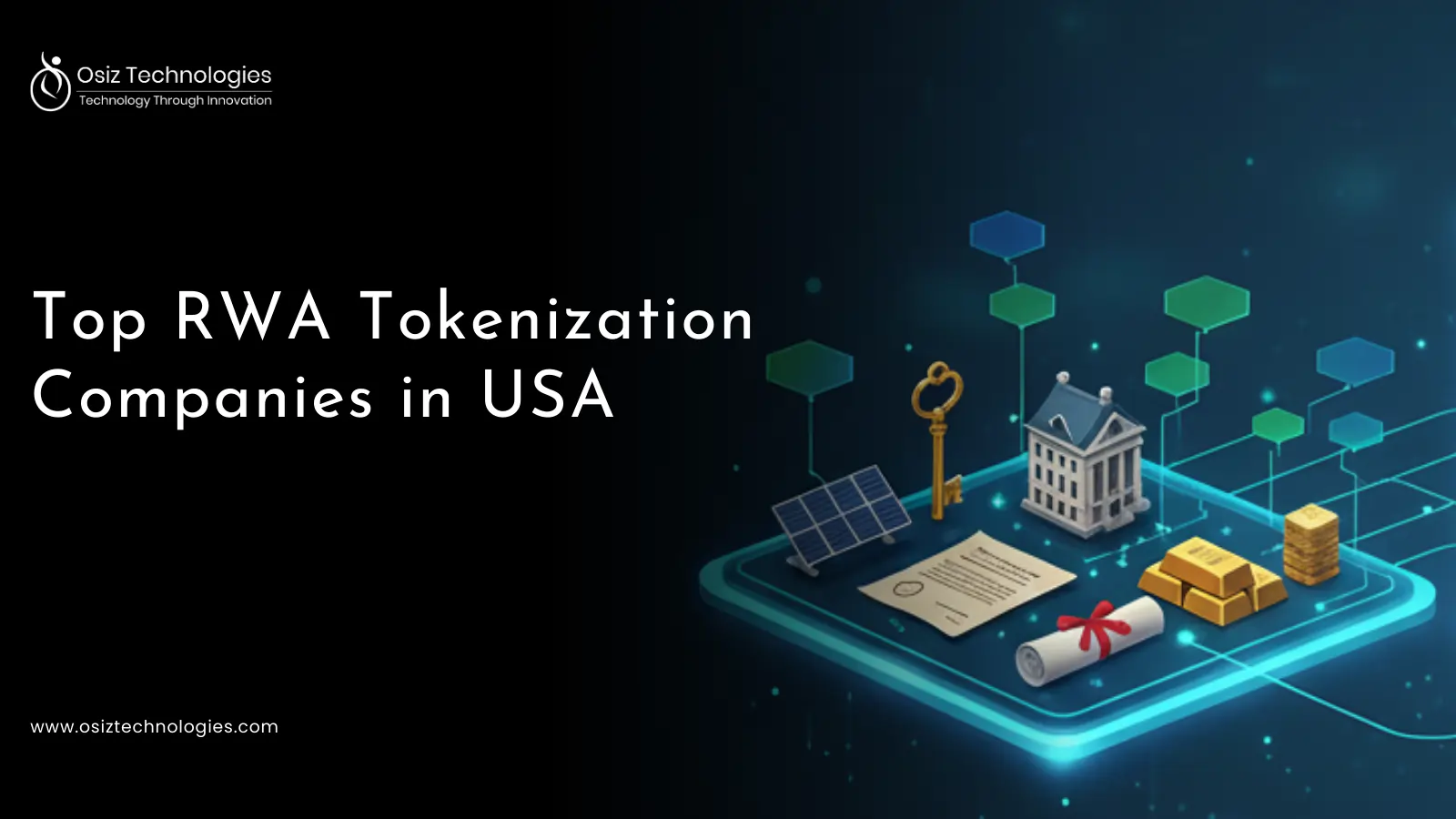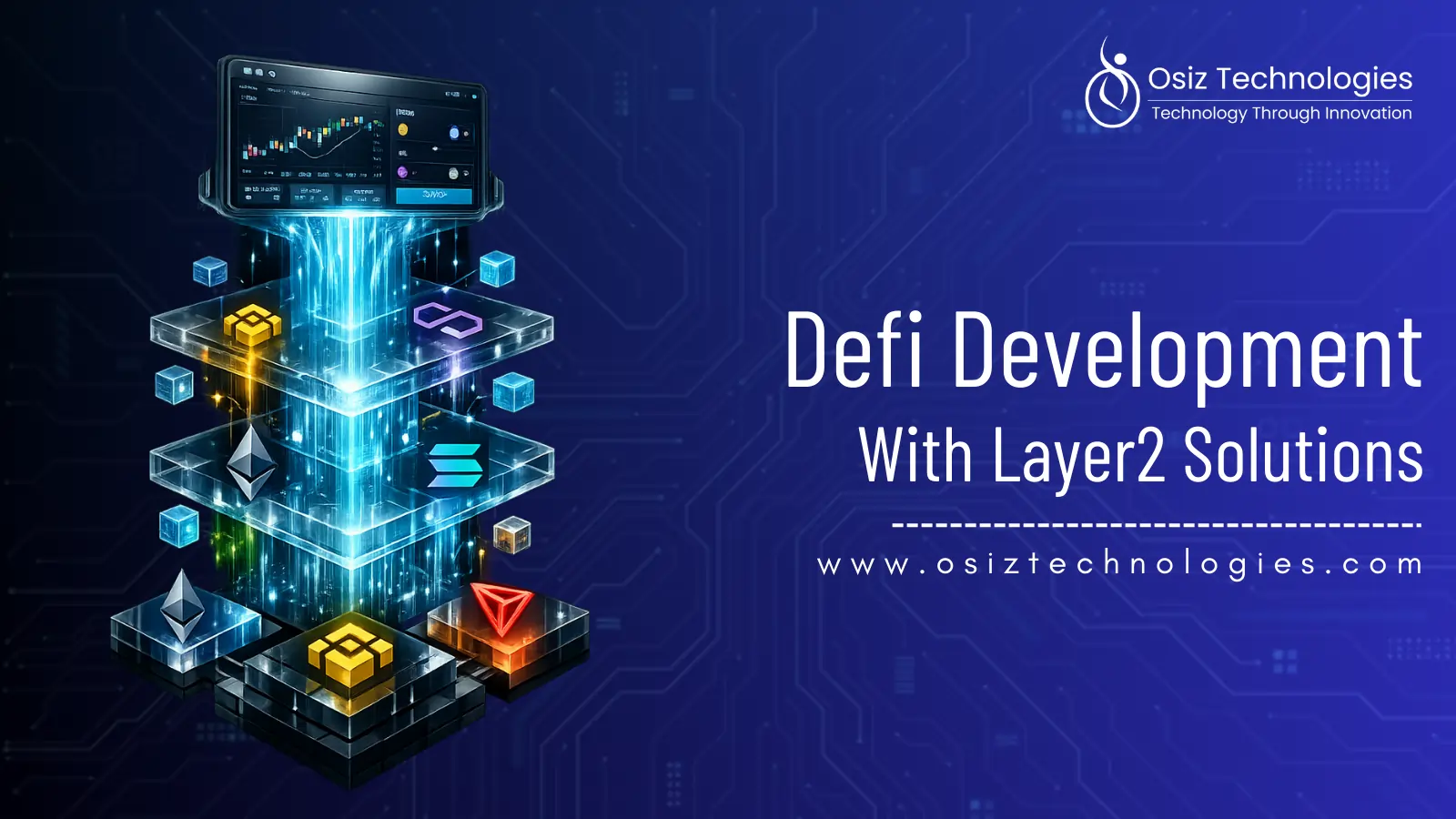Picture a scenario where virtual helpers, such as AI Agents, are revolutionizing legal tasks. These intelligent agents can analyze heaps of data and detect precedents that will help in drafting legal documents or even draft the documents on their own. The AI Agents offer to analyze contracts, research case law, and forecast legal outcomes to free more time for the lawyer in strategy formulation and client interaction.
The blog will shed light on what legal services are, how AI Agents enhance them, what benefits they offer, their future in the legal sector, and their workflow in legal services.
Understanding AI Agents in Legal Services
AI agents in legal services are sophisticated pieces of software designed for ease of performance of specified legal tasks more efficiently and accurately. AI integrated into legal services is most likely to change the face of the industry and democratize legal services. These AI tools aid in legal research, automate repetitive tasks and manage client communications, predict case outcomes, all the while enabling lawyers to focus on client strategy and complex legal argumentation. A Closer Look at How AI Is Transforming Legal Work:
Case Preparation with Legal Research:
AI Agents simplify case preparation by quickly analyzing extensive legal data, identifying relevant cases and statutes, and helping lawyers formulate arguments and strategies, thus enhancing their competitive edge.
Cost Efficiency:
AI automates routine tasks such as document review, drafting, and legal research, reducing the need for manual labor. This not only cuts costs for clients but also streamlines operations for legal professionals.
Error Reduction:
AI Agents minimize errors in legal work by performing tasks with greater accuracy than humans. They assist in identifying potential concerns and ensuring compliance with applicable rules and regulations, resulting in more precise legal work.
Ethics and Integration:
The application of AI in legal services necessitates ethical considerations such as openness, accountability, and justice. It’s crucial to develop responsible AI guidelines to avoid biases and ensure ethical practices in AI-powered decisions.
Working Process of AI Agents in Law Firms
AI is revolutionizing the legal field by equipping law firms with advanced tools that boost productivity and enhance client service. These AI agents manage both complex legal analysis and routine administrative tasks. Here's how artificial intelligence is revolutionizing legal services:
Client Intake and Screening:
AI enterprise chatbots automate the first level of client contact and data collection, determining whether a firm can help a client. They handle qualifying questions, assess the complexity of legal issues, and provide preliminary cost estimates—all to help free lawyers have more strategic, higher-value client interactions.
Contract Review and Analysis:
AI legal tools apply natural language processing and machine learning to analyze contracts for potential risks, thus highlighting areas for negotiation. Artificial intelligence starts looking for key terms in the contract and then compares those against industry standards to let the lawyer know significant details of the contract. It saves time and resources and gives accurate, contract-based advice. This can save 20-90% of the time spent on contract reviews.
Due Diligence:
AI agents can filter through massive amounts of data, find applicable case statutes and regulations, and predict case outcomes based on past data. This speeds up research and due diligence, allowing lawyers to concentrate on effective client communication and strategy. AI also ensures consistency in legal processes by monitoring documents and data points.
Litigation Support:
AI systems use historical data and trends to forecast the outcome of ongoing litigation. By studying large datasets, AI identifies patterns and forecasts the likelihood of success or failure. This assists lawyers in crafting effective strategies, advising clients on risks and rewards, and making informed decisions about settlements or trial preparations. AI facilitates the rapid and correct comprehension of evidence.
Document Drafting:
AI automates the creation of routine legal documents like contracts, wills, and power of attorney. Document automation tools generate personalized documents based on client-specific information, ensuring accuracy, consistency, and privacy. This automation saves time for lawyers, allowing them to focus on more complex legal issues.
Monitoring and Risk Management:
AI services monitor regulatory changes and identify potential compliance issues. AI-powered compliance systems track updates, identify potential infractions, and provide compliance reports. This enables law firms to manage risks effectively and ensure clients remain compliant with evolving regulations, avoiding costly penalties.
Transformative Use Cases of AI Agents in Legal
AI agents are revolutionizing the legal sector, moving beyond science fiction to become vital tools for enhancing decision-making, automating processes, and improving firm operations. Here’s a look at how AI is reshaping legal practices:
Legal Investigation and Document Evaluation
AI streamlines the review of contracts, case law, and documents using Natural Language Processing (NLP). By analyzing large datasets for keywords and parameters, AI identifies relevant cases, potential risks, and critical phrases. For instance, tech start-ups use AI to analyze competitor applications, ensuring they address potential issues before launch.
Enhanced Client Intake
AI-powered chatbots efficiently manage client intake by scheduling meetings, collecting essential information, and providing basic legal advice around the clock. This automation reduces the workload for lawyers and paralegals, allowing them to focus on complex tasks. For example, a chatbot can handle inquiries about company incorporation and schedule consultations.
Data-Driven Legal Strategy
AI analyzes data to uncover patterns and predict case outcomes, enhancing legal strategies. By reviewing past cases and identifying successful arguments, AI helps lawyers strengthen their approach. For instance, in environmental lawsuits, AI examines similar cases to refine legal arguments based on previous outcomes.
Improved Workflow
AI automates scheduling, document management, and research tasks, boosting productivity and freeing up legal professionals for more strategic work. This efficiency helps small firms handle more clients by automating routine tasks, thereby reducing operational costs and client fees.
Personalized Client Service
AI chatbots provide 24/7 responses to frequently asked questions and offer basic legal advice, enhancing client satisfaction. They can also personalize communications and paperwork according to client needs. For example, a family law firm might use AI to address common questions about divorce, reducing the workload for attorneys.
Benefits of AI Agents in Legal
Increased Efficiency and Productivity
AI automates some of the repetitive tasks, such as due diligence, document review, and legal research. All this it does rapidly and accurately, hence freeing lawyers to focus on more complex legal work.
Improved Case Preparation and Decision Making
Machine learning assists in analyzing legal data to determine case trends and outcomes. It can even locate flaws in the opposition arguments, hence helping lawyers prepare better legal arguments.
Continuous Learning and Improved Accuracy
AI systems learn and are capable of continuous improvement in accuracy from vast amounts of data. Artificial Intelligence legal tools become increasingly effective at identifying problems and taking search results to the next level based on the interaction of the user.
Cost Saving and Higher Accessibility
AI decreases the operational costs of legal firms, hence providing legal services at cheap rates for the clients. AI chatbots make available legal information 24*7, increasing accessibility to basic legal support with lower costs.
Wrapping Up
Artificial Intelligence (AI) is set to drive a major transformation in the legal field. Law firms can leverage advancements in AI to enhance customer service, improve quality, and ensure greater accuracy. For forward-thinking legal professionals eager to explore AI’s potential, partnering with an experienced AI Development Company like Osiz could be a crucial step. While Osiz has a broad background in AI solutions across various industries, its focus on legal services could offer fresh opportunities. Engaging with an AI developer now will be a strategic move towards modernizing legal practices.
Listen To The Article












